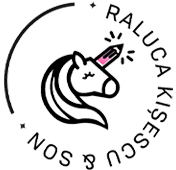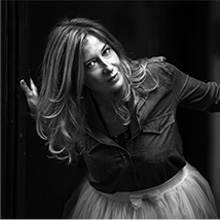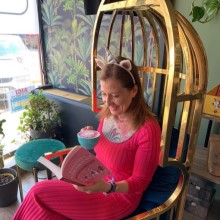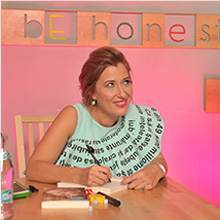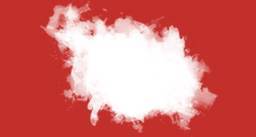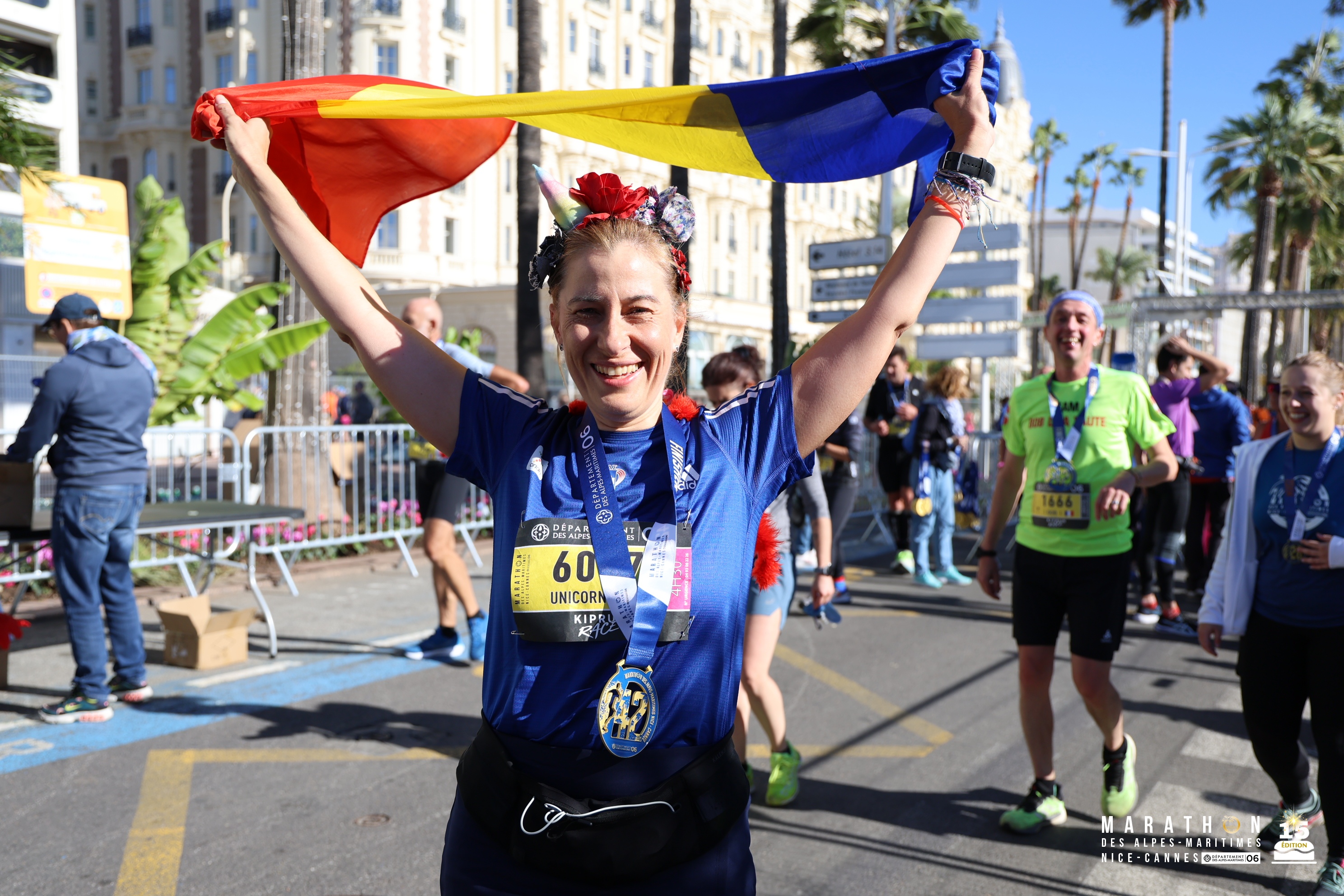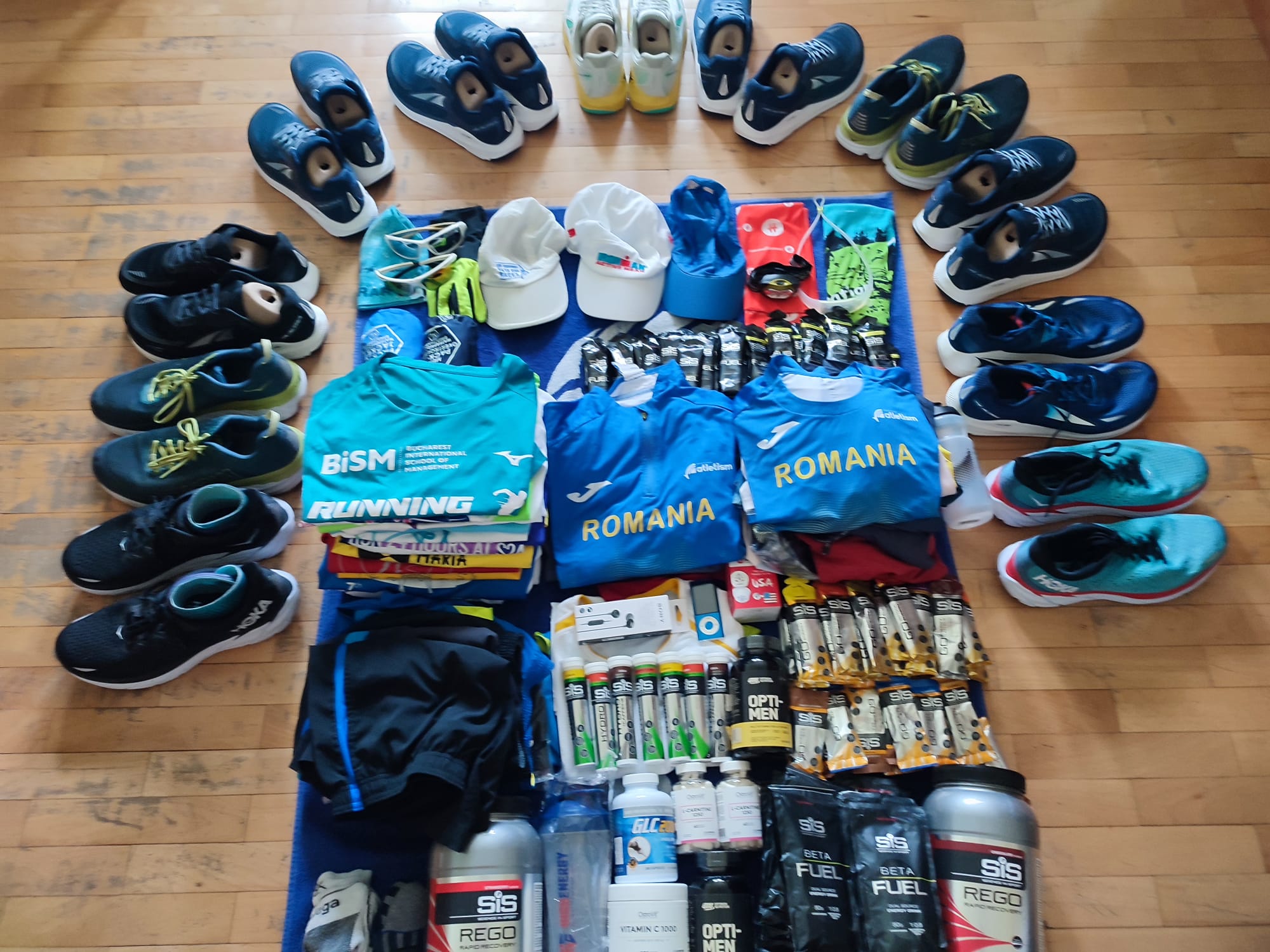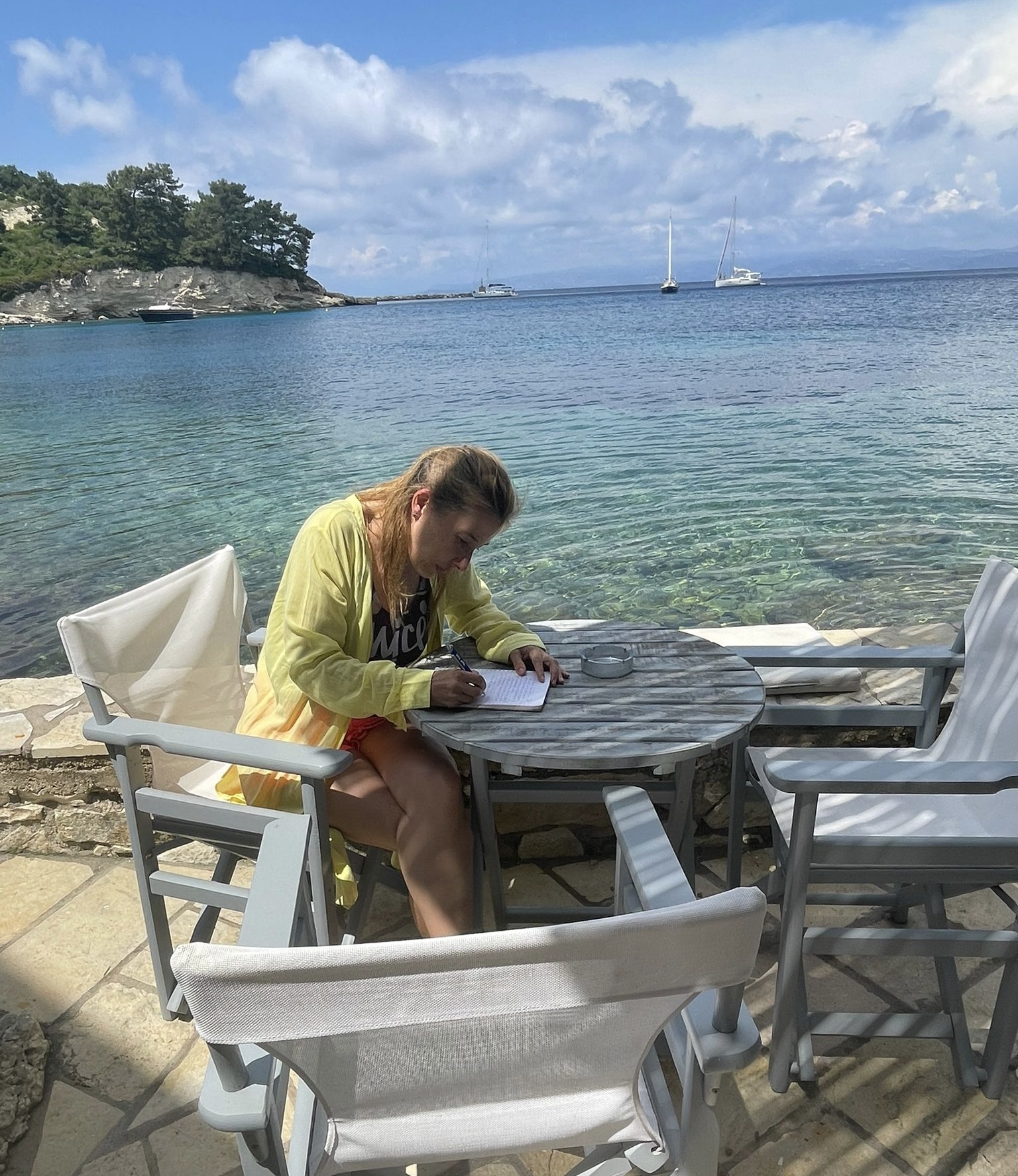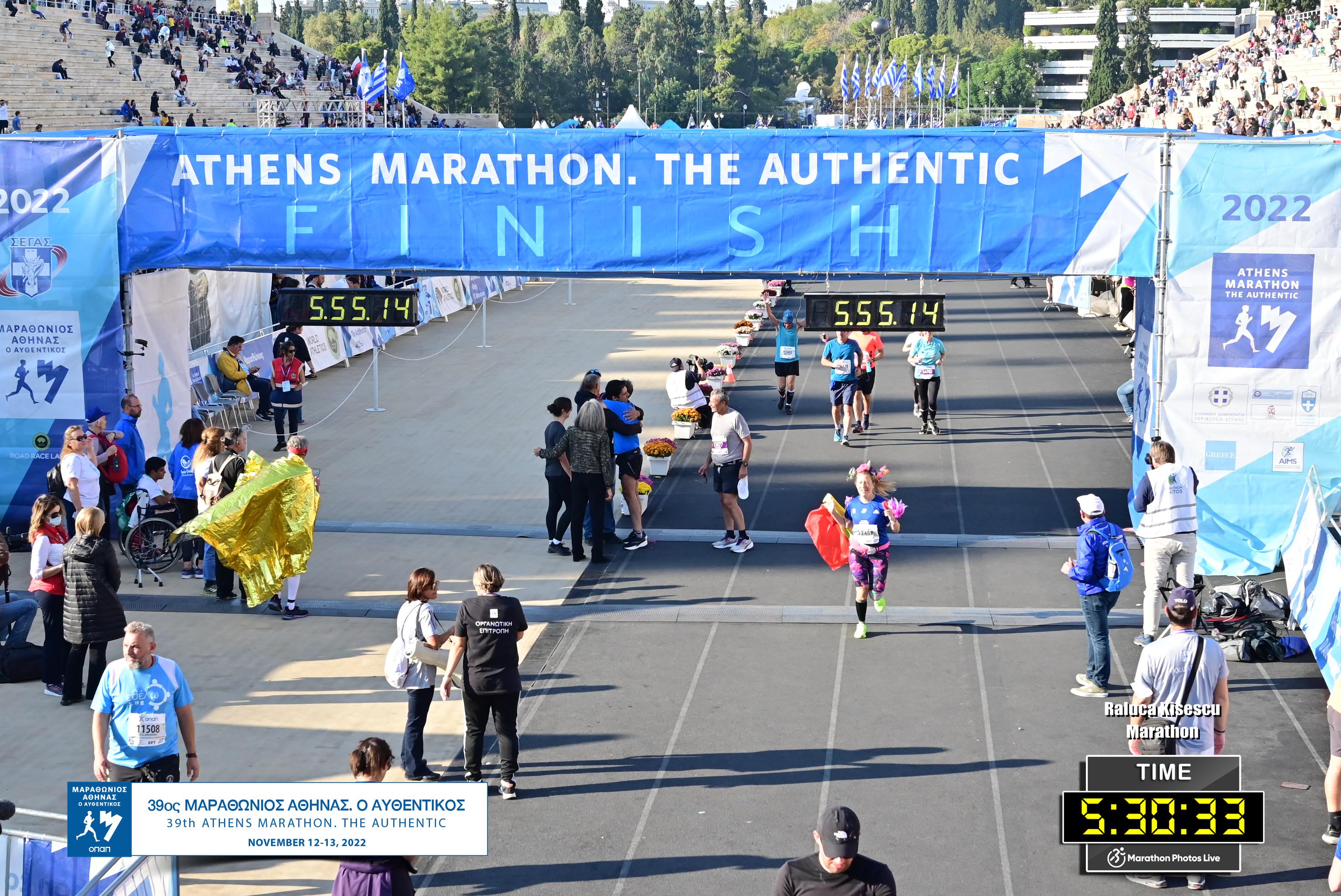Five examples of how soft power can shape the future


Soft power is the ability to attract and co-opt, rather than by coercion (hard power), which is using force or giving money as a means of persuasion. Soft power is the ability to shape the preferences of others through appeal and attraction.
This post is inspired by the Soft Power annual survey that Monocle magazine* has done and is presenting in details in its latest issue - December 2017/January 2018.
While it allegedly turns the attention to politics, I will reference it as a great business leadership lesson.
A leader is a person capable of attracting and co-opting teams, be they under his/her direct supervision or not, shaping their interest, involvement and achievements through appeal, inspiration, perspective and attention.
This is is even more relevant if we think of the lastest Edelman Trust Barometer. Across the globe trust in government, media, business and NGOs has fallen to its lowest level ever. Uncertainty does not have to nurture chaos. Rebuilding trust and relationships with and among customers is more than a trend in 2018**.
Monocle’s survey is all about the nations that best use their softer sides to get things done. And their leaders cut the mustard in most of the cases! It is not the amount of money and the diversity of PR projects that make a nation, a company or a brand look great. It is not all about the big stuff: it is about letting dissent happen, lendind a hand in hard times and being organised enough to put on a decent national/corporate identity abroad/outside.
Out of the 25 national brands presented in the survey, I picked 5 (plus one as a bonus:), all on a rise versus previous wave: Canada (#1), France (#3), Switzerland (#6), Portugal (#12) and Ireland (#23, new entry).
1. Canada is the absolute number one in this top and it is not just because of Justin Trudeau and his socks, even if he elevated the national brand to new heights and we have to admit it!
- trade deals that Canada is ready to do in a no-Nafta world
- Canadian brands are getting more and more international: Canada Goose’s thermal togs is opening outposts in Europe for the first time, The Weeknd and Shawn Mendes top charts, Margaret Atwood adaptations become all times favourite and Ryan Gosling, oh, what can we say more about him…
- number of foreign students is growing and 20 Canadian universities are in top 500 worldwide. Plus the visa regime makes it easier, not harder to study there! Only if you are a top notch luxury brand, you can still dream to have admission fees to your network or products. In the world of 2018, if you complicate my access, I might have several other options and my loyalty has decreased significantly. According to an Accenture study in February 2017 78% of consumers say they retract loyalty faster today than they did just 3 years ago**
- openness in a world of bigotry: “You guys are home for immigrants - excellent” - Eric Schmidt, executive chairman of Google’s parent company Alphabet about the decision of basing the company’s second headquarter in Toronto.
2. France gets the third place, due to its charm, optimism and Emmanuel Macron as “la cerise sur le gateau”!
- has long been on the the list of soft power heavy-hitters
- it is the world’s most visited country (83 million tourists in 2016, 27 restaurants with three Michelin stars), due to its many Unesco World Heritage sites, village life and temples of art
- la cerise sur le gateau might be Emmanuel Macron who emerged as assertive and confident, managing the difficult combo of keeping his honour while building bridges with the U.S. president (not an easy job)
- shows the real soft power of having a vast diplomatic network and multilateral outlook and while the country still faces challenges, Vive La France packs a punch again.
3. Switzerland, as one of the friendliest nations still trades the Swiss stamp as a seal of approval
- President Doris Leuthard’s address to UN was an invitation for more unity at a fragmented moment
- The country has made efforts to build its image beyond cows, chocolate and the Alps, focusing on the innovation happening in the Swiss cities
- The Swiss army knife is a beloved brand around the world. Carl Elsener Jr first realised the soft power significance of his family company Victorinox on a visit to an Argentinean graveyard. Back in 1978, the businessman had only recently working at his great-grandfather company and had no idea about its awareness abroad. At Evita Peron’s grave in Buenos Aires, somebody asked him where he was from. When he answered he was Swiss, the reply came immediately: “Ah, Switzerland - the land of chocolate and the Swiss army knife”. Victorinox has been manufacturing the iconic item for more than a century. It’s part of the kit bag for the armies of Germany, the Netherlands, Norway and Malaysia and this year is offered to the US soldiers for the first time. More than a national anthem, the red knife is a symbol of Swiss reliability. While some of the production of Victorinox portfolio has been moved to other cheaper locations, the Swiss red knife is still produced in Switzerland. This is a lesson for all companies who want to be recognised as a part of a national brand!
4. Portugal as a start-up nation is open for business and sun
- a charismatic president opened to having coffee with literally anybody plus Antonio Guterres taking his place at the helm of UN are just two examples of how well politics play for Portugal
- 2016 was the first year of economic growth after years of austerity
- a place for affordable sun fun (13% increase in number of tourists y-o-y), but recently also for surf-seeking start-up businesses
- worl-class products and exports: shoes, furniture, wine, they just need more of a “Made in Portugal” marque.
5. Ireland, new entry on the list, is showing a new era
- highly ranked universities
- Leo Varadkar, the country’s first openly gay leader and a conservative who embodies Irish liberalisation is a good bet
- vibrant craft and architecture scene
The 6th country which is not in the top is the best example of the expression “If you didn’t laugh, you’d cry”.
Grand scale corruption, global drug-trafficking hub, insecurity - these all belong to Nigeria national brand image. Still, a group of comedians are spinning the iniquities of their countrymen into comic gold, pushing into the riskier territory of political satire. To name one, here comes Okey Bakassi, one of the country’s most beloved comics who launched a show called The Other News, similar to The Daily Show in the US. The show is testing boundaries without breaching lines that should not be crossed.Thanks to him and other comedians, now Africa is looking at Nigeria as a source of creativity, courage and humour.
There are always resources to imbue new approaches!
* You can read the full article (Softly Does It) in December 2017/january 2018 Monocle printed edition or subscribe on monocle.com
** source: Trendwatching, 2018 report, Helpfull trend
